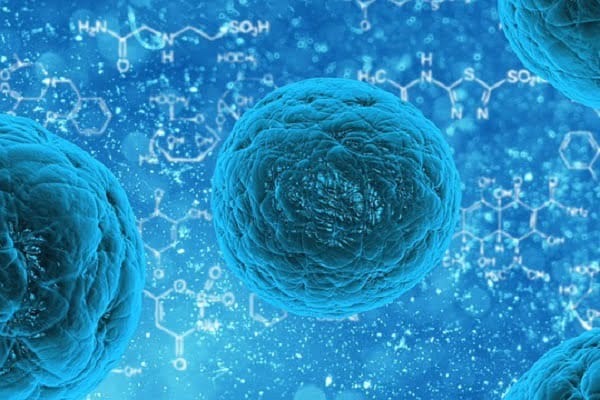What is T cell Lymphoma?
T-cell lymphoma is a disease in which T cells or T lymphocytes of lymphatic system become malignant. T-cell lymphoma may sometimes occupy the bone marrow but it usually comprises less than 25% of the marrow and if 25% or more of the bone marrow is inhabited by the malignant T cells, it is called as T-cell leukemia.
Nearly 15% of the total of non-Hodgkin’s lymphomas diagnosed in the United States comes under T-cell lymphoma category. The T-cells have a similar function as that of natural killer (NK) cells and when affected by a cancer, the disease is called as an NK or NK/T-cell lymphoma. All T-cell lymphomas belong to non-Hodgkin lymphoma category.
There are various subtypes of T-cell lymphomas, among which some are more common and others are rare but lymphomas originating in the T-cells are commonly aggressive and fast-growing.
There are usually two types of lymphocytes – T lymphocytes or T cells and B lymphocytes or B cells. Both the types of lymphocytes are very important in protecting our body from infections but each of them act in a slightly different way.
T-cell lymphomas may be either slow-growing called as indolent or they may be aggressive or fast-growing. Most T-cell lymphomas belong to non-Hodgkin lymphomas.
T-cell lymphomas are rare and make up about 1 in 10 lymphoma cases.
Most T-cell lymphomas develop from mature T cells and such T cell lymphomas that develop from mature T cells usually affect adults. They are usually more common in men than in women and affect people around the age of 60. On the other hand T-cell lymphomas that develop from immature T cells affect children and young adults and are known as lymphoblastic lymphomas.
Causes of T cell lymphoma
Although the exact cause of T cell lymphoma is not known but in some types of T-cell lymphoma, it is believed that exposure to some viral infections or some medical conditions can increase the chances of developing lymphoma. However, it is important to remember that only a few people with such conditions can develop lymphoma.
Symptoms of T-cell lymphoma
The symptoms of T cell lymphoma usually do not develop in the early stages and therefore vary according to the particular type of T-cell lymphoma. Some of the common T cell lymphoma symptoms are:
- Patches on flat or scaly skin
- Thick or raised areas called plaques
- Tumors which may or may not grow into ulcers
- Itchy skin
- Red colored itchy rashes which may cover most of the body parts including the eyelids
- Changes in hair and nails
- Enlarged and swollen lymph nodes
- Swelling or edema
- Bruising and bleeding
- Recurrent infections
- Fevers and chills
- Excessive fatigue
- Persistent abdominal pain usually on the left side due to swollen and enlarged spleen
- Feeling of abdominal fullness
- Excessive urination
- Constipation
- Small pimple like lumps called papules
- Flat and thin red patches on skin
- Lumps that can be easily felt called as nodules or tumors
- Open sore lumps
- Enlarged liver and spleen (hepatosplenomegaly)
Diagnosis of T cell lymphoma
T-cell lymphomas are diagnosed with biopsy where a sample of tissue affected by lymphoma such as a swollen lymph node is analysed by a lymphoma pathologist. The pathologist tests the tissue to find out the type of lymphoma. Diagnosis of T-cell lymphomas is usually difficult. A multidisciplinary team (MDT) looks at different aspects of lymphoma and the doctor who diagnoses T-cell lymphoma takes into account the following:
- Appearance of the cells under a microscope
- Results of tests on the cells
- Site of lymphoma growth
- Type of symptoms
Treatment of T cell lymohomas
Treatment for T cell lymphomas depends on the subtypes and can range from monitoring without treatment to a combination of therapies. Therapies usually include antiviral drugs like acyclovir and interferon along with chemotherapy regimens such as CHOP (cyclophosphamide, vincristine, doxorubicin, and prednisolone) or EPOCH (etoposide, doxorubicin, vincristine, cyclophosphamide and prednisolone). Few patients undergo bone marrow transplant if they undergo a remission after their initial treatment.
Relapsed/refractory adult T-cell lymphoma can be treated with chemotherapy regimens like GND (gemcitabine, vinorelbine and doxorubicin), DHAP (dexamethasone, cytarabine and cisplatin) and ICE (ifosfamide, carboplatin and etoposide).







